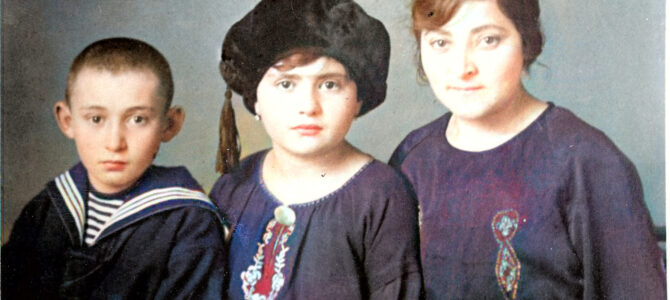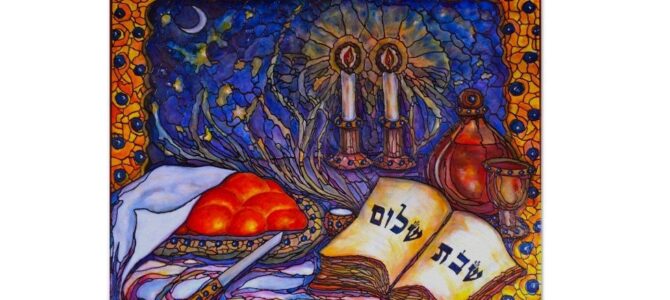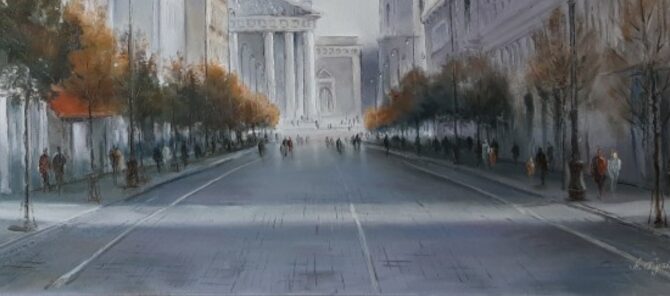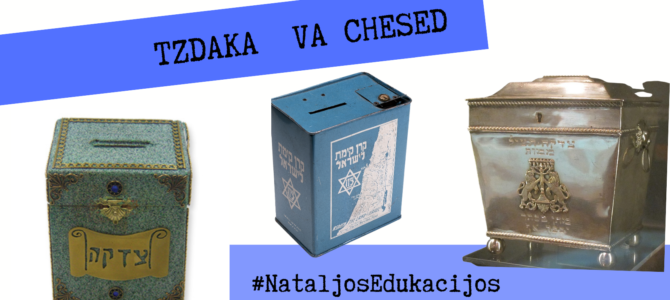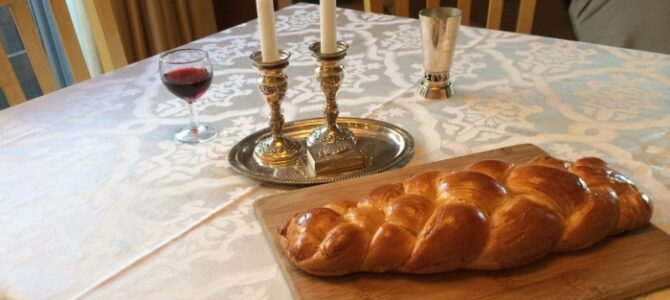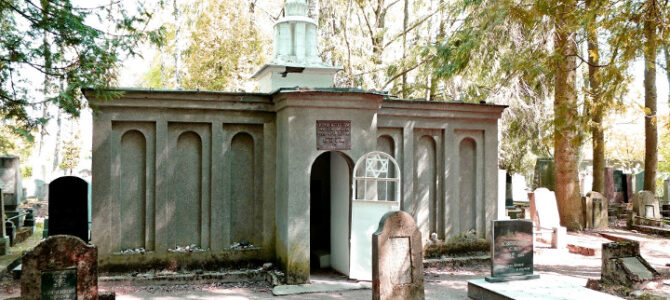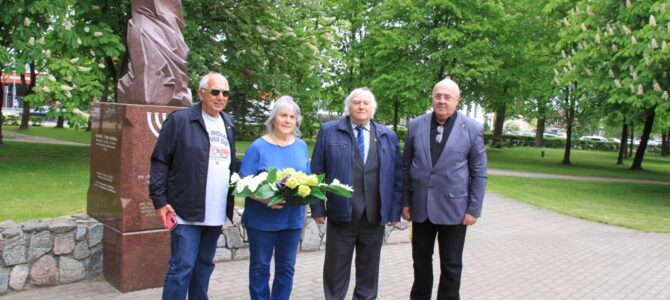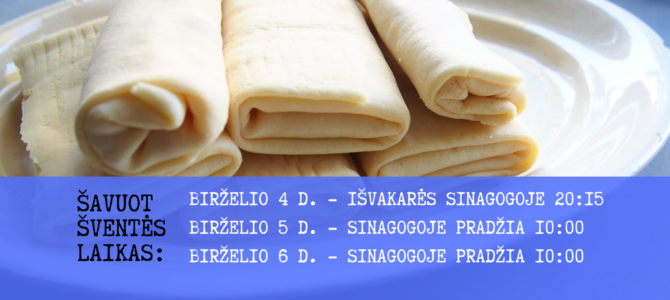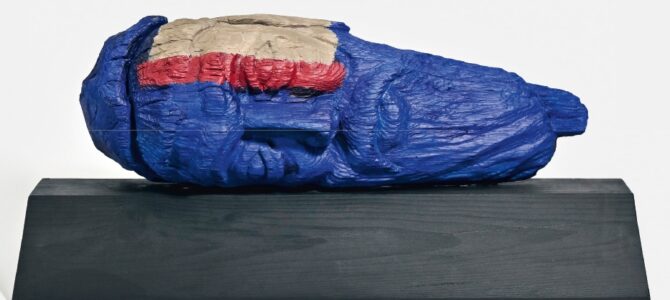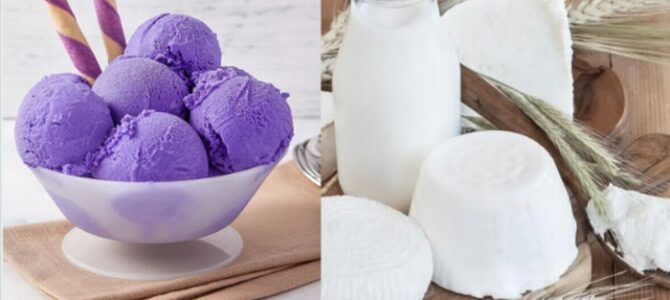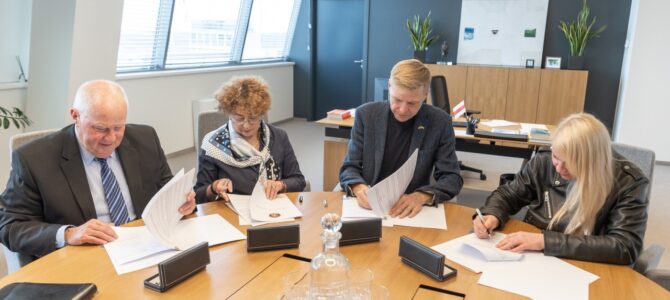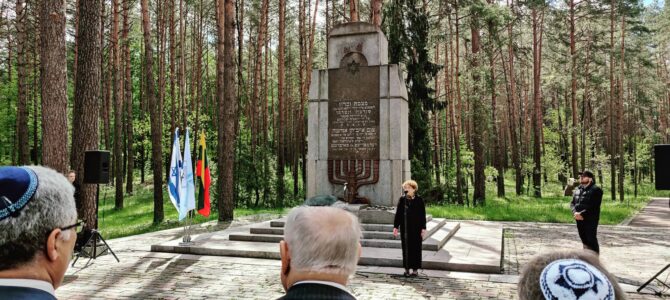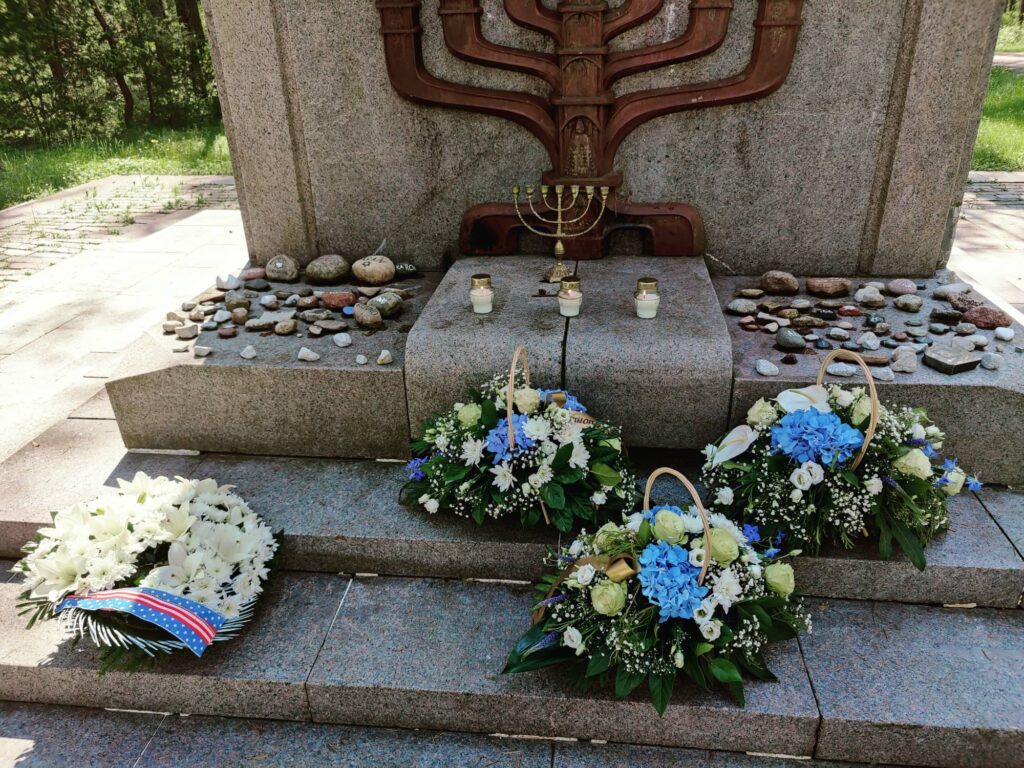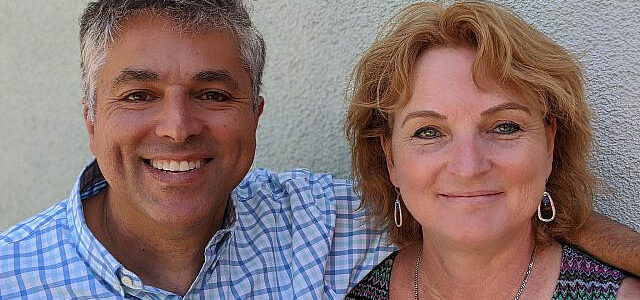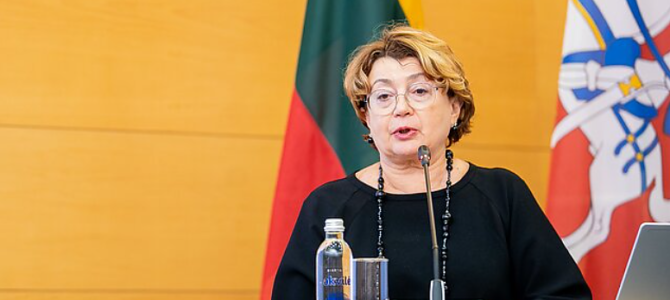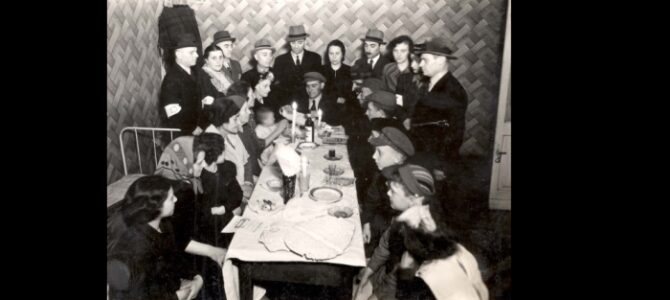by Grant Gochin
When your grandmother’s last words make it clear that she’s not who you thought she was, you are willing to move all the mountains in Europe to get to the truth
Dinner between cousins was scheduled for Shabbat on Friday, May 14, 1915. How was I to know that the Shabbos meal never took place? Without warning, Russian forces launched a genocidal mass deportation of Baltic Jews deep into Russia. Families were torn apart, lives were destroyed and communities of Jews devastated.
The first inkling I had was on my grandmother’s deathbed. Her final lucid words to me were: “I wish I knew my name. I wish I knew who my family was.” We thought we knew her name–Bertha Lee Arenson. We were wrong.


